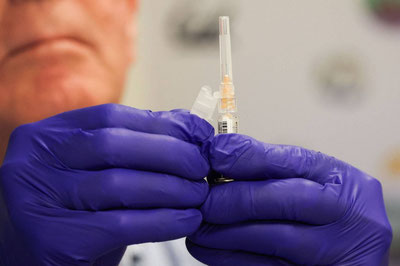Typically, those suffering from excessive weight and obesity, as well as related diseases, are advised to avoid sugar and sweets. The Ministry of Health has provided this information.
However, recently there has been a belief among people that products replacing sugar can aid in weight loss and are also safe for health. How true is this?
— We know that the daily sugar intake should be 25-30 grams, — says the specialist. — Exceeding this may lead to obesity and the development of dangerous diseases. Therefore, some people think that using artificial sweeteners as a substitute for sugar is safe.
Actually, the use of saccharin, aspartame, potassium acesulfame, sucralose, neotame, advantame, stevia and its derivatives in food and beverages to impart a sweet taste might initially help reduce body weight, but this process does not last long.
On the contrary, regular consumption of such products eventually leads to weight gain. As a result, the risk of developing type 2 diabetes increases in people.
Because artificial sweeteners merely serve to "deceive" the body. During this process, the receptors in the mouth and intestines sense the sweet taste and reflexively, the pancreas produces insulin in the volume it is accustomed to.
The produced insulin, even in small amounts, reduces the level of glucose in the blood and suppresses the feeling of hunger. However, because the brain does not fully perceive this, appetite increases. As a result, a process of weight gain occurs.
In turn, according to research conducted by the WHO, frequent users of such substances have a 32 percent higher likelihood of developing cardiovascular diseases (including, stroke — 19 percent, hypertension —13 percent). In turn, this factor contributes to a 10 percent increase in the risk of death.
Furthermore, artificial sweeteners that replace sugar negatively affect the intestinal microflora, leading to dysbiosis. They hinder the absorption of proteins, vitamins, and microelements into the body and weaken the immune system. They may also cause headaches, allergic reactions.






